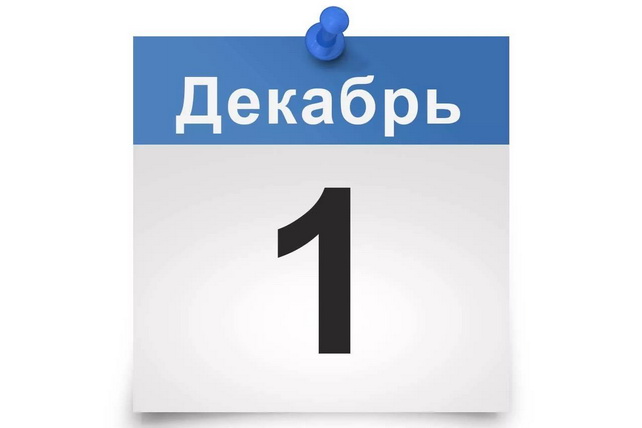
Key Changes in Uzbekistan’s National Legislation Effective from 1 December 2025
Key Changes in Uzbekistan’s National Legislation Effective from 1 December 2025
Tashkent, Uzbekistan (UzDaily.com) — The portal norma has presented an overview of the key legislative innovations coming into force in Uzbekistan on 1 December 2025.
The changes cover environmental protection, digitalization, social services, sectoral support, and the development of civil society.
Environmental Transparency: Data Accessible to All
As part of Uzbekistan’s accession to the Aarhus Convention, the Ministry of Ecology will provide full public access to the national environmental monitoring database.
The platform will contain information on:
Trees and saplings planted under the “Yashil Makon” project (including locations, responsible parties, and plant species);
Applications by legal entities and individuals for permits to cut trees and shrubs outside the state forest fund, as well as related public hearings;
Individuals violating the moratorium on artisanal extraction of non-metallic minerals in water bodies.
This measure aims to increase environmental transparency and expand public participation in conservation processes.
Launch of the National Seismology Online Platform
From 1 December, a specialized digital platform will operate, including:
Databases of potential earthquake accelerograms;
Maps of general and detailed seismic zoning, classifying areas by hazard level;
Maps of active tectonic faults.
The platform provides a foundation for more accurate seismic risk analysis and enhances emergency preparedness.
Reduction of Administrative Procedures
Requirements for submission of certain documents will be canceled:
For marriage registration — results of medical examinations and court decisions in cases of divorce;
For notaries — the original copy of a marriage contract certified in Uzbekistan (a digital copy will now be uploaded to the “Notarius” system).
These changes aim to simplify public services and reduce bureaucratic burdens.
Support for Livestock and Poultry Farming
Until 31 December 2025, the state will continue providing subsidies:
Livestock farms — 2 million soums for each imported pedigree cattle unit and 400,000 soums for pedigree sheep and goats;
Poultry farms — 15,000 soums for each imported one-day-old pedigree chick.
The measures encourage the development of pedigree livestock farming and increased production capacity.
Unified Mahalla Registry
An integrated registry of mahalla citizen assemblies will begin operation, based on an audit completed on 1 November 2025. The registry will ensure a standardized approach to the accounting, verification, and updating of mahalla data.
“Civil Society Week”
The annual Civil Society Week will start in early December, including the awarding of the badge “For Contribution to the Development of Civil Society”.
The event is held under Presidential Decree No. UP-124 of 26 August 2024.
Digitalization of Agriculture
The E-yaylov platform will be launched to enable efficient management of pasture resources. It is intended to optimize land use and increase livestock productivity.
Measures Ending on 31 December
By year-end, compensation programs will conclude for:
Costs of equipment insurance and certification of imported raw materials and supplies under projects supported by Small Business Development Centers of the Business Development Bank;
Expenses of investors for construction and equipping of new cableways — up to 1 billion soums per 500 meters of route (if commissioned by 31 December 2025);
Compensation to entrepreneurs who built and put hotels and accommodation facilities into operation from 5 January 2019 to 31 March 2024.